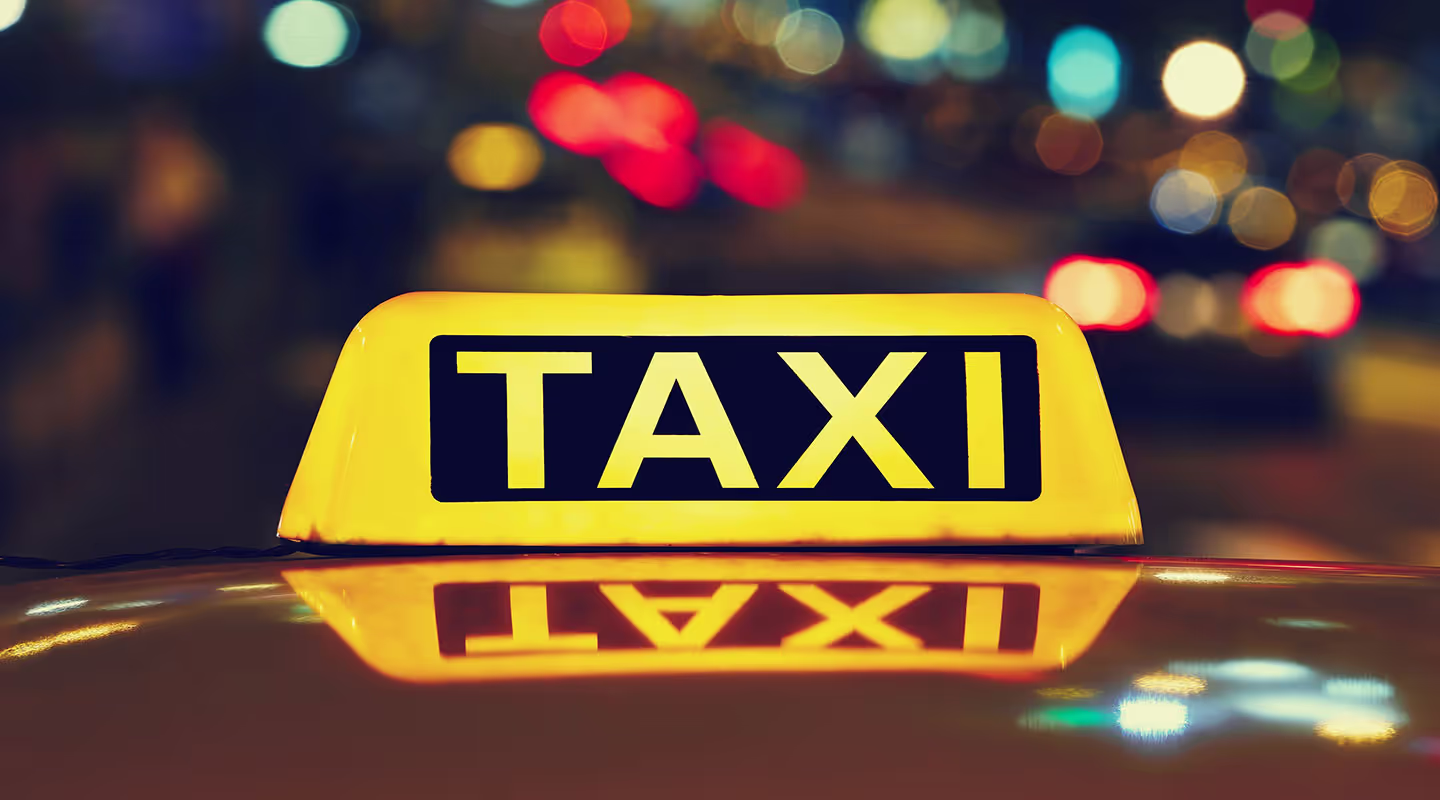How Experience Can Reinvent Boring Products

In 2024, where customer expectations are constantly evolving, a product's functionality might not be enough to secureits place in the market. A great experience can take a basic product and transform it into something truly valuable, leaving competitors who rely solely on functionality in the dust.
This truth struck me recently during a business trip to a regional airport in New Zealand. As I landed and reached for my phone to hail a ride, a familiar routine unfolded. I opened the Uber app, expecting a quick and convenient way to get into town. But a fare of $160 for a 10 min journey made me reconsider my options.
Faced with the high fare, I turned to the traditional alternative – a taxi. After searching the deserted taxi stand, I found no waiting vehicles. Undeterred, I called the number displayed at the stand, only to be met with "We don’t have any Taxi’s available for the next hour". Another attempt followed, only to be met be an automated answering service that struggled to understand I was at an airport and not a street address. The ride was confirmed, but how far away would they be? Would they even come? After standing in the cold for 10 minutes, finally, a taxi appeared at the stand, driven by a kind individual who offered me a ride. I was relieved but guilt lingered knowing that this wasn’t the same Taxi company that I called. How could I inform the other taxi that I was no longer there? The automated phone-based system offered no solution.
Twenty minutes later, the inevitable call came. The driver, having navigated the airport in search of a non-existent passenger, was understandably frustrated. This experience, though commonplace for many taxi customers and drivers, served as a stark contrast to the seamless experience we’ve all become accustomed to with services like Uber. Both Uber and the taxi served the same basic purpose – transporting me from point A to point B. However, the experience wrapped around the Uber app – the ease of booking, the upfront pricing transparency, the real-time tracking (not to mention the ability to cancel) – made it vastly superior. The taxi experience,on the other hand, remained rooted in the early 2000s, leaving me feeling frustrated, helpless, and ultimately, dissatisfied.
This experience offered a valuable lesson: in today's competitive landscape, strategic innovation doesn't always require a ground-breaking invention or an amazing new product. Often, the key to success lies in reimagining the way your customers interact with your existing products. By focusing on experience, businesses can completely transform the value proposition they offer, leaving competitors who are solely focused on functionality behind.


